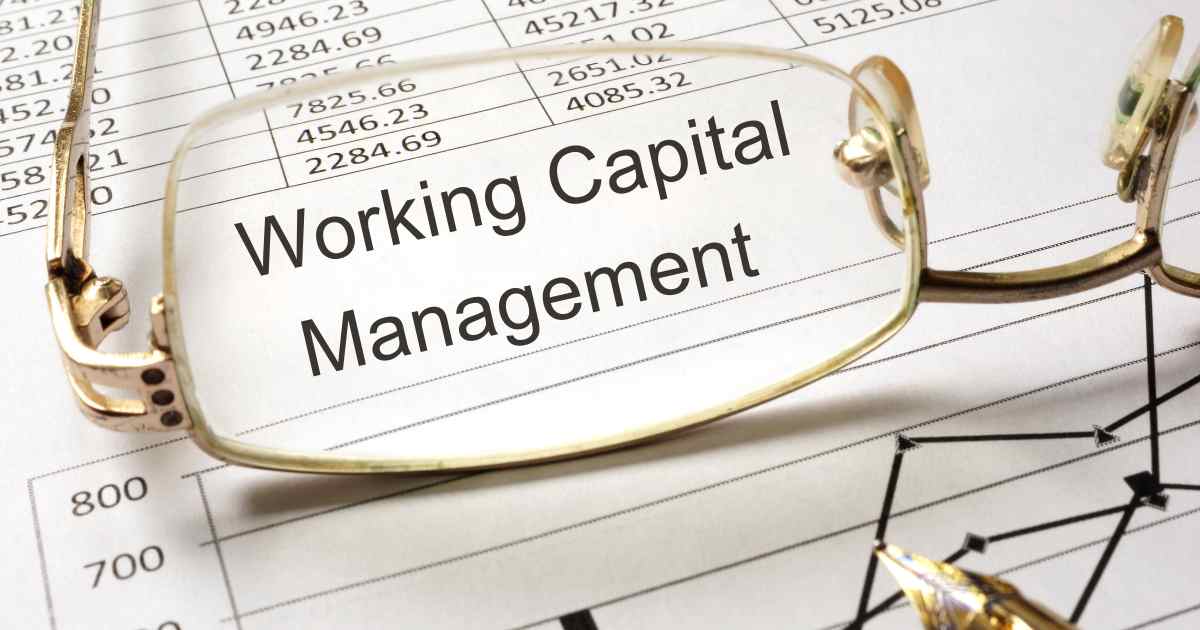We all want to be millionaires or at least be financially comfortable. You can do this in multiple ways such as starting a business, buying a franchise or if you are lucky, winning the lotto. For most people, the best way to create a lifetime of wealth is to invest in a property business.
Property investment is when you purchase and own land or property with the intention of generating a financial return. The collection of property you have as assets is what is called a portfolio.
There are many reasons to choose to invest in property in South Africa. One of those reasons is the availability of various types of properties in the country.
In this article, we take you through how to invest in a property business and where the best opportunities are.
Different Types of Property Investments
As mentioned before, South Africa has a range of property investments you can explore. Some of the most popular include:
Real Estate Investments
There are many types of real estate investments. The most popular being buy and hold and wholesale. A buy-and-hold property involves buying a property and then holding onto it until its value increases and then selling it for a profit.
Wholesaling means finding a property you can sell for a profit and then finding a buyer for the property and selling it to them at a higher price than what you paid for it.
Rental Property Investments
Rental property involves buying a property and then renting it out to tenants. The money you charge the tenants is called rent. The rent covers the property mortgage and hopefully gives you a profit.
Flipping Houses Investments
Flipping houses means that you find a property that needs some work and then fix it up and sell it for a profit. To flip houses, you need sound knowledge of the real estate market and the ability to find good deals on properties.
House Hack Investments
House hacking involves purchasing a property and then living in it while you rent out the other rooms. It’s a great way to live for free in a property while also building equity in your property.
Property Syndication investments
Property syndication is when a group of investors pool their money to purchase a property. It is a great way to get into real estate investment without having to take out the capital on your own. It is also a great way to diversify your portfolio and reduce any risks that come with the investment.
Holiday Home Rental Investment
A holiday home rental is when you purchase a property in a popular holiday destination and rent it out to holidaygoers. This is a great way to earn income from a property while also using it is not rented out.
Mortgage Lending
Although not a direct investment in property, mortgage lending is still a way to join the property business. With mortgage lending, you lend money to individuals looking to purchase a property. It is a great way to earn a higher return on investment but has high risks.
How to Start Investing in Property
The following are the steps you need to take if you are interested in a property business.
Step 1: Write Down Your Goals and Create a Plan
Much like any business, you need to know what the goals are for your investment. This will help you invest in the right property and make a good profit. Creating a plan will give you a roadmap to follow and help you stay on track.
A few things to remember when you develop your plan are:
- Set realistic goals for your investment.
- Do proper research on the property market.
- Draft a comprehensive budget for your investment.
- Consider how much risk you are willing to take.
- Have an exit strategy for your investment.
Step 2: Calculate All Fees and Tax Requirements
You need to be aware of all fees and tax requirements that come with investing in property. One of those fees is transfer duty which you need to pay. This fee is dependent on the purchase price of the property.
In terms of tax requirements, you will need to pay capital gains tax on the sale of the property. The amount is dependent on how much profit you make when you sell the property (if you intend to sell).
Legal advice is vital during this stage so that you are aware of all fees and taxes you need to pay when investing in a property.
Step 3: Research the Property Market
Much like with any new business, you need to understand the market you are entering. You can do this by speaking to property agents, developers and knowledgeable investors. Alternatively, you can join industry bodies and attend industry events.
The easiest way is to read up on reports that cover the property market. These reports will give you valuable insights into the market and help you make better-informed decisions.
Step 4: Find the Right Property
Once you have researched, calculated all fees and have a clear plan, you can begin finding the right property. Things to consider when looking for a property include:
- The location of the property.
- The type of property you are investing in.
- The price of the property.
- The rental income potential (if applicable).
- The resale value of the property (if applicable).
- The maintenance costs of the property.
Step 5: Time to Buy Your Property
Now that you have your research and know the risks, you can invest in your property venture. The real work starts after you have bought the property, especially if you want to flip houses.
If you need additional capital, you can apply for a property loan. You can get loans from traditional banks such as Standard Bank or from platforms such as TUHF.
For more information on property development, read our article about the four steps new property developers can follow.




















Discussion about this post